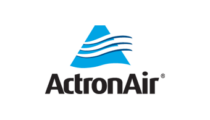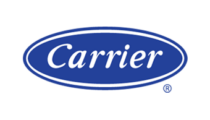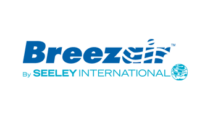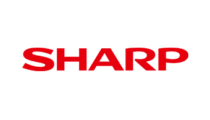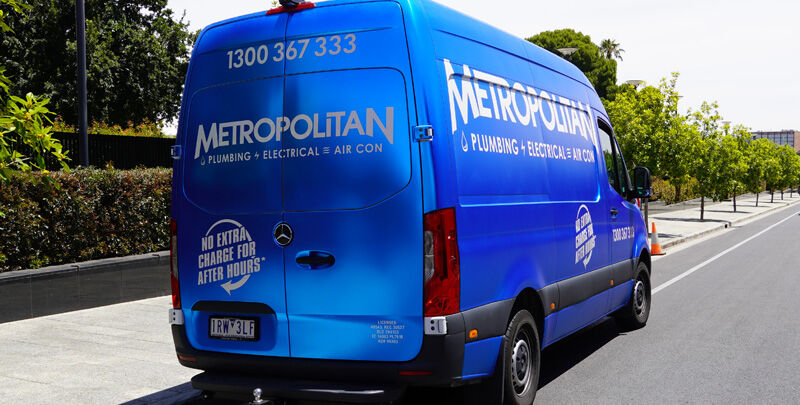
6 Signs of Trouble with Your Ducted Reverse Cycle Air Conditioning
In Australia, the weather can fluctuate unpredictably between blazing heat and a chilly breeze. Therefore, having a working ducted reverse cycle air conditioning system is crucial.
It can be an invaluable system, one that provides comforting coolness during scorching summer days and much-needed warmth when the winter weather creeps in.
While ducted air conditioning systems deliver peak performance year-round, like all appliances, they too have their moments of downfall. Over time, continual usage and other factors can cause even the most reliable ducted systems to falter.
The good news? Most issues give warning signals. Understanding and identifying these signals means you can nip these issues in the bud early. You can call in the reverse cycle air conditioner experts before those minor issues become major problems. Let’s take a look at 6 of the more common signs of trouble that you might experience with reverse cycle ducted air conditioners.
1. Sussing out Sounds: Unusual Noises
It’s normal for your ducted refrigerated air conditioning system to create a soft humming sound during operation. However, loud and unusual noises from the indoor and outdoor units present a different story altogether.
A peaceful and quiet operation is one of the key indicators of a well-functioning air conditioner. If your system starts rattling, whistling, or grinding, all is seemingly not well. It means you need the assistance of a climate control specialist.
- Rattling sounds: A rattling sound from the outdoor unit can be caused by debris like sticks or leaves. It might also signal loose parts which, if ignored, could lead to significant damage.
- Whistling noises: A high-pitched whistling from your air conditioning may indicate a refrigerant leak. This requires immediate professional attention due to its potential hazard and environmental impact.
- Grinding sounds: A grinding noise from your air conditioning suggests compressor issues or worn motor bearings. If you don’t address it quickly, you risk costly failure of your outdoor compressor unit.
Each of these noises are early indicators of performance or mechanical issues within your ducted reverse-cycle air conditioning system. Taking action ASAP by reaching out to licensed ducted air conditioning technicians can save the unit from extensive damage and restore its performance.
2. Bills Bursting at the Seams: Unexpectedly High Energy Costs
Is your reverse cycle system consuming more power than normal for the same level of performance? It’s a clear signal that something in your ducted system isn’t as efficient as it once was. This inefficiency can present as a stealthy spike in your running costs, which you might not notice immediately due to the gradual nature of the increase.
3. Wind Weakening: Inconsistent Air Flow
Experiencing uneven temperatures in your home, where one corner feels like a cold Arctic zone while another feels like the scorching Sahara desert, can be a cause for concern. This is a strong indicator of inconsistent air flow. It’s a problem that can stem from issues ranging from zone control problems to ductwork issues. Here’s an expanded explanation of what might be happening and the professional solution it necessitates.
Indicators of Inconsistent Air Flow
- Zone control issues: If you have a zoned ducted air conditioning system in your house, then each zone will have unique thermostat settings. However, if there are problems with zone controls, such as faulty dampers or a malfunctioning control panel, it can create noticeable temperature differences in different areas of your home.
- Ductwork concerns: Ductwork is the delivery system for your ducted system. If ducts have leaks or blockages, they can greatly hamper the proper distribution of air.
- Leaky ducts: Over time, seals can wear out, leading to leaks in the ductwork. This can cause the conditioned air to escape before reaching its intended room, creating hot or cold spots in your home.
- Blockages: Debris or dust can accumulate within the ducts, leading to blockages in ducted air conditioners. These can slow the movement of air or redirect it, causing uneven cooling or heating throughout your entire home.
- Thermostat malfunction: Sometimes, the issue might be with the thermostat itself. If it’s not properly calibrated or is incorrectly reading the room temperature, it will not command the HVAC system correctly, leading to uneven temperatures.
4. It’s Damp, It’s Dreadful: Unaccounted Moisture or Leaks
Have you ever spotted moisture around the central indoor unit in your roof space, or leaks around your outdoor compressor? Such uninvited dampness is about more than just wasted water. It can signify an underlying issue with the refrigerated cooling or even cause structural damage to your home. Licensed experts in air conditioning systems can advise you on the best way to dry up these troubles.
5. Cold, Not Frozen: Ice Build-Ups
Should you stumble upon ice formations on your ducted reverse cycle air conditioning, particularly on the outdoor unit, consider that red flag number five. While air conditioners are indeed about heating and cooling, being frozen isn’t part of their job. Icing suggests issues like leakage of cold refrigerant liquid —something a professional needs to address to get your AC unit back from ‘Frozen’ to just comfortably cool.
6. One or the Other: A Lack Of Warm Air Or Cool Air
Finally, ducted reverse cycle systems that suddenly only provide warm air or cool air and is unable to deliver on both (when needed)? Clearly, there’s an issue that needs resolving. If your system has been only a cooling solution and has not provided both heating and cooling, it’s a clear cry for help. Be it a faulty thermostat or a more grave issue with your ducted reverse cycle system, you need a professional to fix this problem.
Inspecting Your Ducted Reverse Cycle Air Conditioning System
Maintaining your ducted air conditioning system is crucial for year-round comfort in your home. Watch out for uneven cooling or heating, which could indicate duct blockages or fan issues. Also be mindful of higher energy bills that may suggest system inefficiencies.
Unusual noises, such as rattling or hissing, unpleasant odours from the ductwork, frequent cycling of the system, and a noticeable reduction in airflow or air quality, are all early signs of potential problems. Addressing these issues promptly can prevent major complications and ensure efficient operation.
Why Timely Attention to Ducted Air Conditioning Systems Matters
Whether you have a split system, evaporative cooling or – as we’re talking about here – ducted reverse cycle air conditioning, the make and model do not guarantee immunity from occasional issues. Ignoring warning signs, if any, is simply a ticket to major air conditioning problems down the line.
By swiftly fixing any issues with air conditioners at their onset, you can prevent a cascade of ensuing problems. In doing so, you’ll save time, be more cost-effective, and ensure that the comfort of your whole house remains undisturbed.
Professional Ducted System Help is Your Winning Stroke
When faced with a malfunctioning air con system, the smart response is to call on the knowledge of a licensed technician who specialises in air conditioners. Their experience, skill and prompt services can properly fix problems and turn difficult situations into winning solutions.
Proactively addressing issues does more than extend the life of your ducted reverse cycle air conditioning system. It also boosts its performance, so you can enjoy year round heating and cooling comfort.
Timely attention to your air conditioning system guarantees efficiency, reduces running costs, prolongs its lifespan, and ensures your home’s comfort—a worthwhile investment in time and money.
Please note: This information is provided for advice purposes only. Regulations differ from state to state, so please consult your local authorities or an industry professional before proceeding with any work. See our Terms & Conditions here.
Published: 2024-02-13





